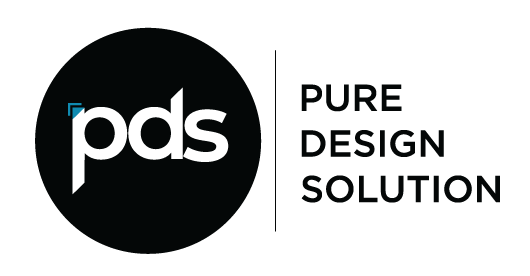You must have heard about Apple’s plan to update its Identifier for Advertisers (IDFA) tracking option to protect user data. You may have also seen some dips in the results of your Facebook advertising campaigns. How are these related? Are you wondering what’s going on?
In recent months, we have seen a growing tightening of user information as tech companies debate the ethics of sharing user data with advertisers. This tightening comes in the midst of the misinformation surrounding the US elections and COVID-19 vaccine efficacy that has been circulating social media sites. Even after multiple data breaches, lawsuits, and bouts of public uproar, not enough has changed, such as most recently when 533 million Facebook users’ personal information such as phone numbers were leaked online on April 3rd.
Apple is taking a strong stance, empowering iPhone and iPad users with more control over their data and making third-party tracking more transparent in an effort to address privacy issues. As a result of Apple’s new IDFA tracking opt-in or opt-out option, Facebook users on iPhones and iPads can choose to cloak their personal information from Facebook and Instagram advertisers. This will dramatically affect the ROI derived from Facebook ads. Additionally, many websites will be forced to charge subscriptions or in-app purchases when previously they could offer free content to their users because of ads.
Without the ability to measure the conversion success of Facebook and Instagram ads that lead to purchases, Facebook will be left with less incentive to offer advertisers, who will be more inclined to shift to other apps for their advertising. Without the ability to run personalized ads, Facebook highlights that small businesses will be impacted the most, claiming a 60% cut in sales for every dollar spent. Due to the uproar from advertisers in anticipation of this change, Apple has pushed back its IDFA change from rolling out with iOS 14 to rolling out later this Spring.
So what does this mean for Facebook advertisers?
- You will have limited access to user data. Facebook can’t track users as usual, and so there will be fewer resources for advertisers to create a strong user profile. This will limit your ability to set up personalized ads for iOS 14 users, and thus you will be left with a smaller audience pool to target. It will be more difficult to target campaigns toward specific demographics, and new leads may come from consumer segments you don’t know about and can’t track.
- Facebook advertising will become more expensive. Your Facebook ad campaigns will likely become more expensive. This means that you, your client, or your advertising firm will need to budget more funding toward Facebook advertising or expect fewer campaign results.
- Wording is crucial. Specific keywords may lead to ads being blocked because of their connection to misinformation. Lawmakers want social media companies to put more checks and balances in place so harmful lies don’t spread. This will lead to stricter rules to get your ads approved.
- Diversify your advertising platforms. Google stands as the #1 online advertiser with its own privacy policies to protect user data while still maintaining personalization in advertising. Other advertising platforms exist, do some research and try them out.
- Focus on other methods of advertising. Email marketing, phone campaigns, SEO and paid search advertising, display advertising, and more can increase the personalization, genuine intent, and success of your advertising campaigns.
As we await Apple’s IDFA privacy change and the domino effect on Facebook advertising, we can prepare ourselves by incorporating other options. Instead of keeping all your eggs in the Facebook basket, advertisers should keep track of the privacy change and invest in diversifying your advertising platforms and methods. The change is coming, but let’s embrace it.

